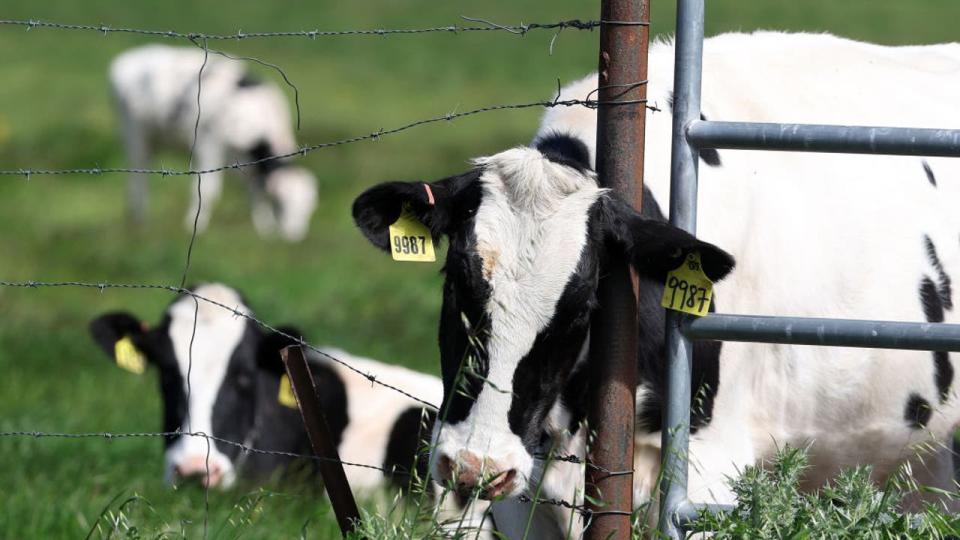Third case of human bird-flu confirmed, tied to dairy cow outbreak
HOUSTON - Health officials have confirmed a second human case of A(H5N1), commonly known as the bird flu infection, was found in Michigan. This marks the third human case linked to the ongoing multistate outbreak of A(H5N1), commonly called the bird flu, among U.S. dairy cows. Each case is independent of the others, with no direct connections.
Similar to the previous cases, one in Texas and another in Michigan, the affected individual is a dairy farm worker exposed to infected cows, indicating probable cow-to-person transmission. Notably, this case is the first in the U.S. to exhibit typical symptoms of acute respiratory illness associated with influenza, including the A(H5N1) virus.
SUGGESTED: Bird flu in cows: 1 in 5 pasteurized milk samples had traces of virus, FDA says
The CDC is closely monitoring data from influenza surveillance systems, especially in the affected states. So far, there is no unusual influenza activity among the general population, with no increases in emergency room visits or laboratory detections of human influenza cases.

Current assessments by the CDC indicate that this new case does not alter the A(H5N1) bird flu health risk for the U.S. general public, as all three cases involved direct contact with infected cows. The risk to those without such exposure remains low.
RELATED: Texas person is diagnosed with bird flu after being in contact with cows
The latest case involves a dairy worker from a different farm than the previous Michigan case. The patient experienced upper respiratory symptoms, including a cough without fever and eye discomfort with watery discharge. After reporting these symptoms to local health officials, the patient received antiviral treatment with oseltamivir and is currently isolating at home with improving symptoms.
Household contacts have not developed symptoms but are being monitored and offered oseltamivir. No other workers at the farm have reported symptoms, though all are being monitored. There is no indication of person-to-person transmission of the bird flu virus at this time.
CDC has these recommendations in order to remain safe:
Wear recommended personal protective equipment when interacting with infected or potentially infected animals and monitor their health for 10 days after their most recent exposure.
Avoid close, long, or unprotected exposures to sick or dead animals, including wild birds, poultry, other domesticated birds, and other wild or domesticated animals (including cows).
Avoid unprotected exposures to animal poop, bedding (litter), unpasteurized ("raw") milk, or materials that have been touched by, or close to, birds or other animals with suspected or confirmed A(H5N1) virus.
For more information on worker protection and avian influenza, visit the CDC's avian flu summary.

